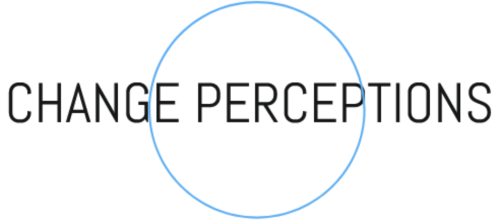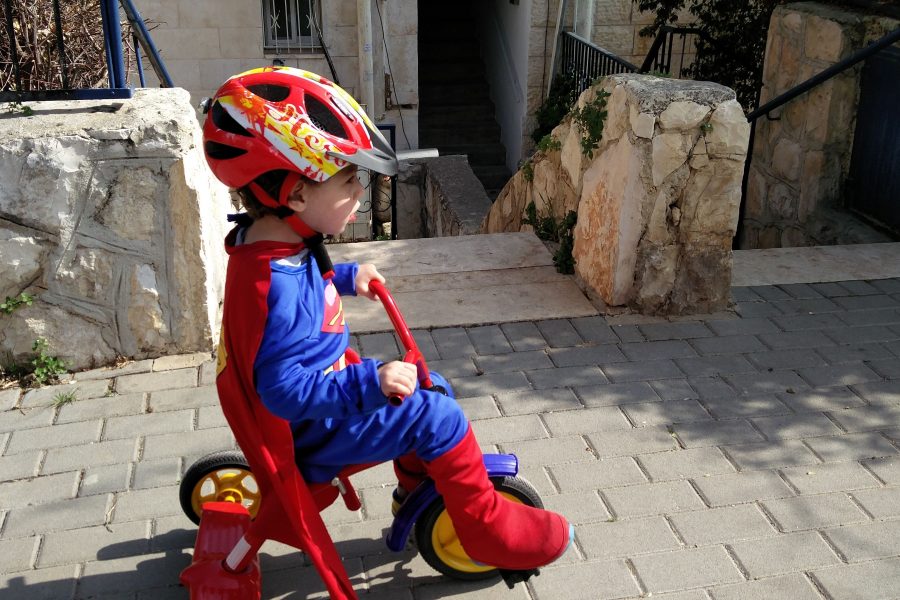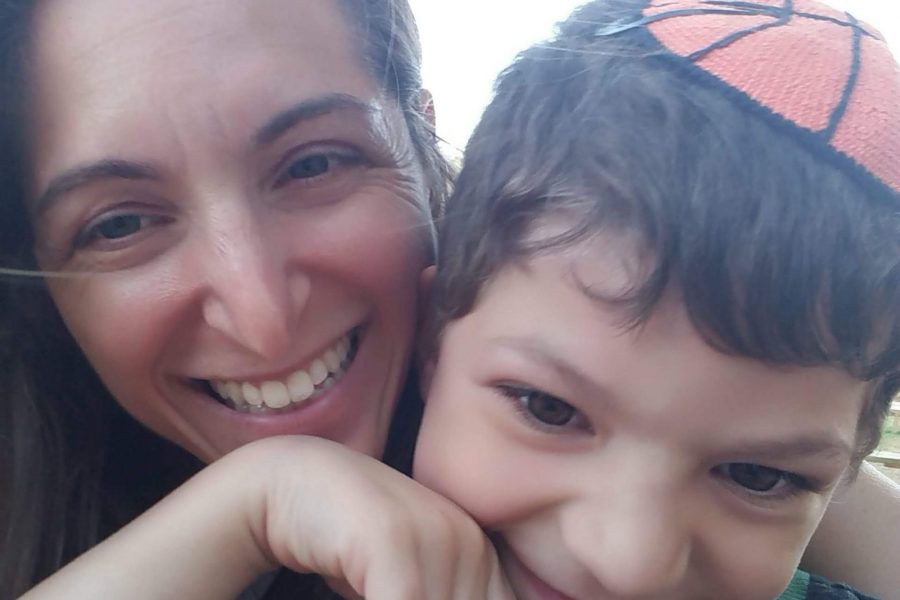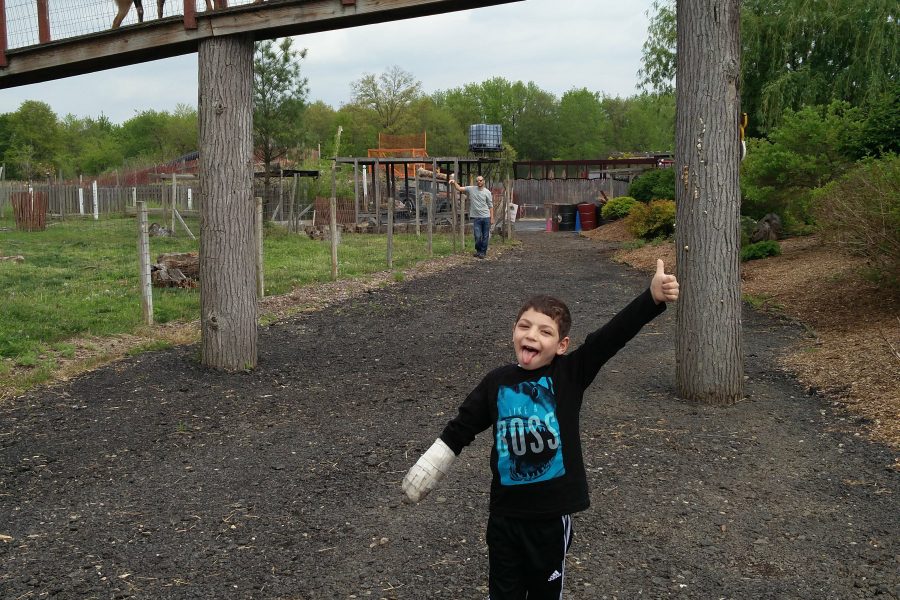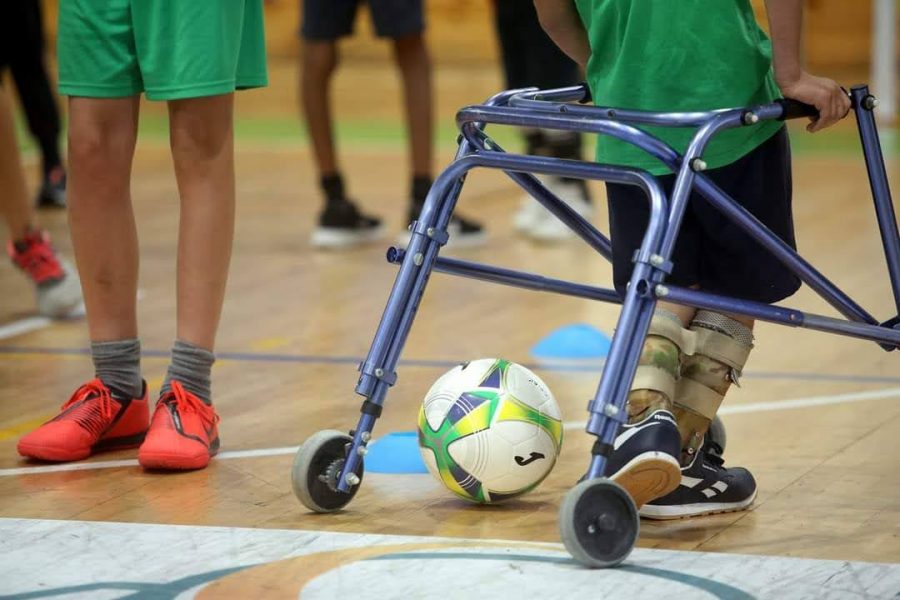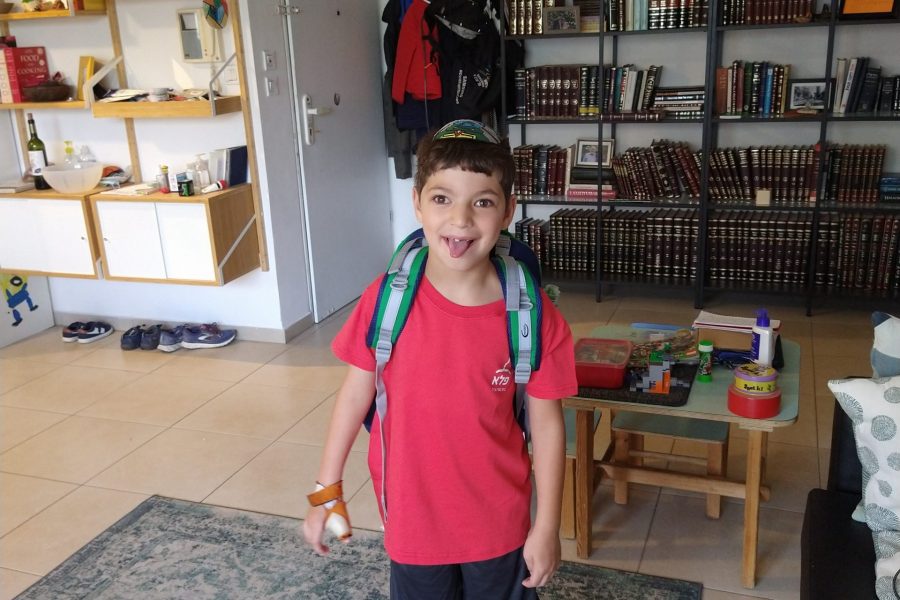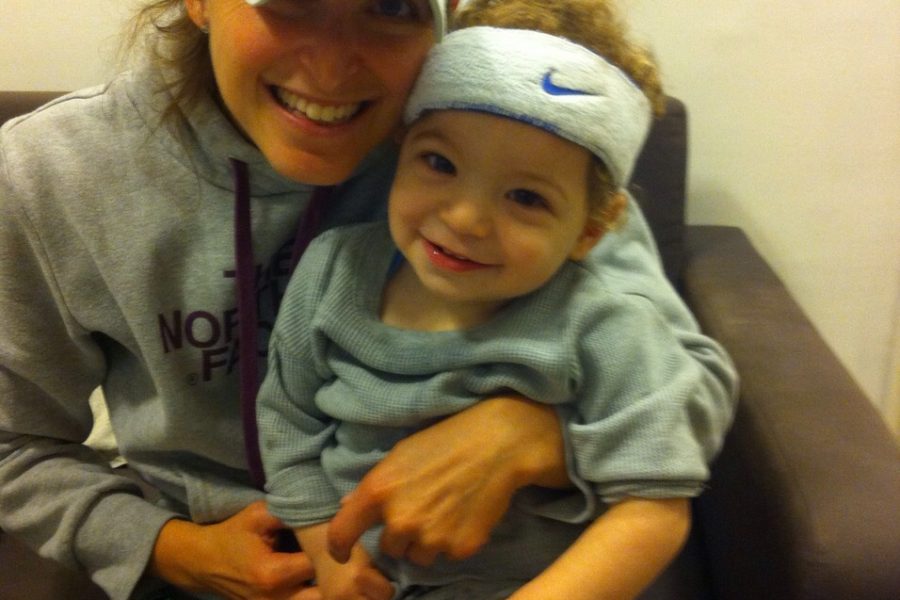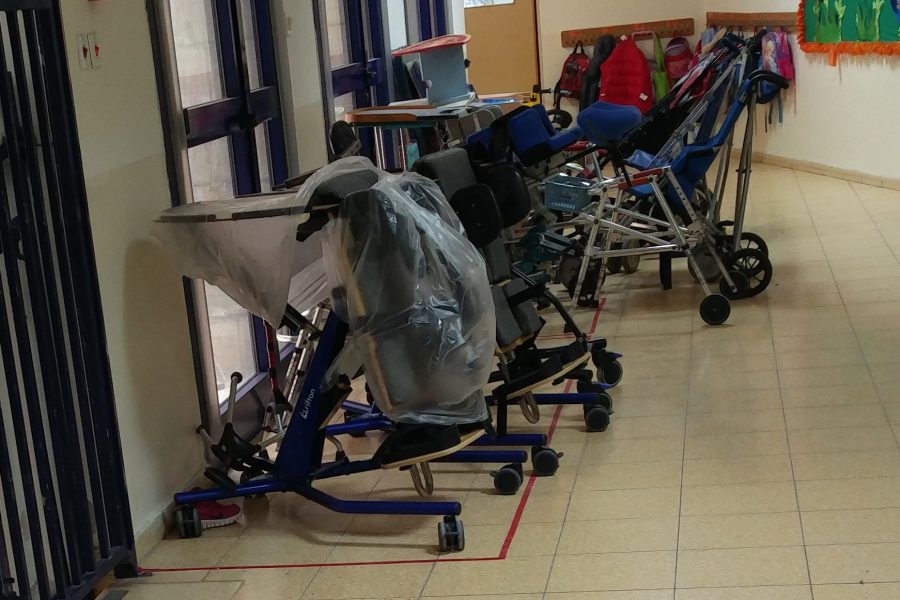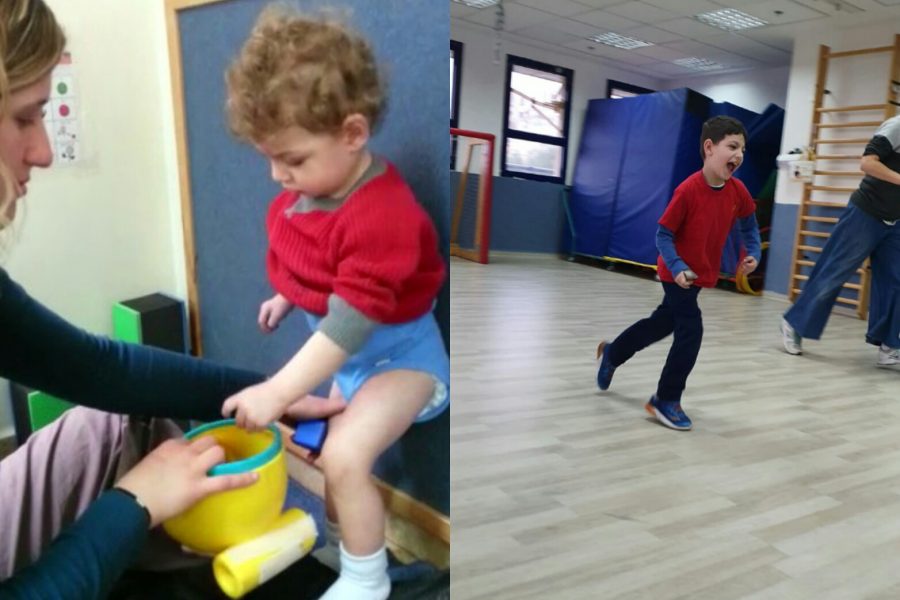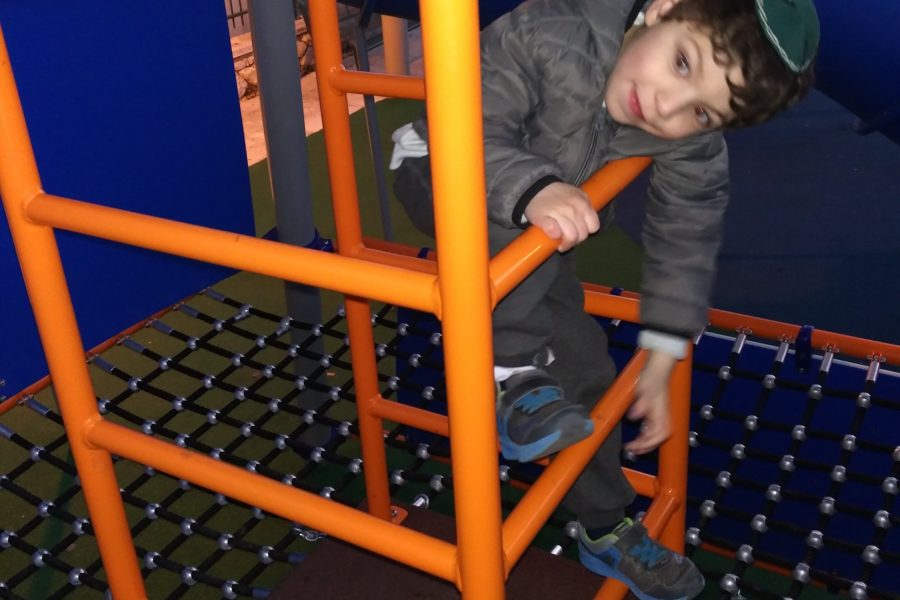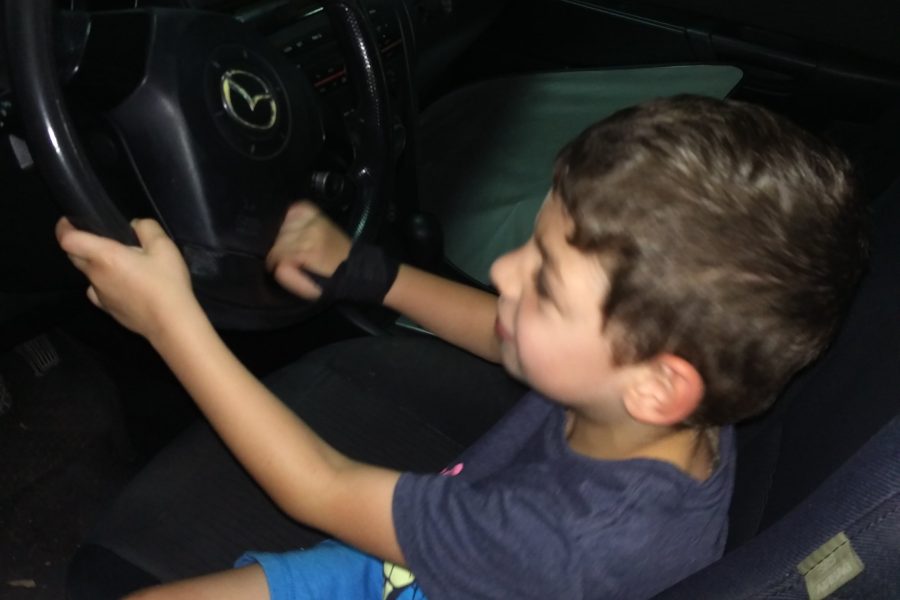Lately I’ve ditched the music on my runs and started listening to more podcasts. I find podcasts more engaging. It takes my mind off the running, allows me to focus on something else besides the treacherous hills of Jerusalem. My body seems happier with this arrangement also – left alone to just do the work without my constant complaining and nagging. On one of my longer runs last week, I listened to a recent edition of Sarah Spain’s That’s What She Said. Spain always manages to keep my attention with her insight, humor, and honesty. She’s a kick ass interviewer interviewing kick ass people. When I saw the topic and guest of this episode, I could not wait to start my run.
Her guest was an athlete whose name was somewhat familiar to me but never actually heard speak: Alana Nichols. Nichols is an insane Paralympic athlete who has earned medals in both wheelchair basketball and alpine skiing. For those of you who didn’t catch that – she played in both the summer and winter Paralympics. Oh ya, she not only competed in both – she also struck gold in both…and silver and bronze. Spain spoke to her about her journey – what it took for her to recover from a devastating spinal cord injury that left her paralyzed from the waist down, how her life has changed for the better, and the ways in which she has become a role model for all athletes. In college, I was a big fan of the highlighter – but often I found myself going overboard. Afraid that every detail I was studying was important, the pages of my books took on a florescent yellow glow. As I was listening to the podcast, I got the same feeling that every sentence, every word needed to be highlighted.
I could write about each idea they covered – it was all gold. I want to, but I won’t because you should listen and experience it yourself. There was one concept discussed though which especially stood out for me – understanding the power of limitations. In the course of their conversation, Spain wonders if limitations can facilitate success. She asks Nichols if she thinks she would have accomplished all these great feats – not just as an athlete but as an advocate – if she was still able-bodied. Nichols answers candidly – It is hard to say. She explains that her will and determination have always been a part of her. Before the accident, she was a highly recruited softball player. Her plan was to play in college and then the Olympics. The drive had been there forever. The difference after the injury was that her limitations allowed her to focus. Suddenly all the choices weren’t there anymore and that was oddly empowering. Her vision wasn’t clouded or distracted by options. When your choices are taken away – you can clearly see what it is what you really want. The injury didn’t erase possibility -it crystallized her goals. What you want is right in front of you. Go get it.
I heard this and stopped mid stride up the hill. Pause. I began to think about my own approach to Amichai and the messages that I try to impart. Amichai knows he has CP. I am never shy in explaining to him – and to others for that matter – what that means, but I am always careful and deliberate in the words I use. I believe in my kid. I need to make that clear to everyone and anyone – especially him. The words I choose reflect my optimism and conviction that he can do anything. I use words like challenge and potential because they represent that optimism. I use them so that Amichai will understand he is capable and strong. I use them so that other people will learn disabilities are not disabling. Conversely, I specifically avoid the word limitation because it is negative, pessimistic, and defeatist. I don’t want Amichai to have any part in that. I believe in this approach. I believe in surrounding Amichai with positivity and encouragement. But if I dig a little deeper, I must admit there is a part of me that is also protecting Amichai from my own fears. I am afraid of succumbing to limitations.
If you read this post, you will know that as an athlete, coaches taught me to bulldoze through limits at any cost. They don’t exist. I built my reality around this idea – that nothing can stop me, that nothing is too hard. Its easy to believe this at sixteen, seventeen, even twenty – when the greatest barrier you face is running endless wind sprints. Life hasn’t shown you hard yet. But rest assured, it will. Life will show you adversities, it will show you limits. Life will show you CP. And even with all your optimism and all your belief in the child you love deeply and profoundly – you will understand that you can’t just power through it. Hard work will get you far, but the limitation will always be there. The limitations are real and tangible. And that will scare you. What happens if you accept that there are limits? Does that break your will? I fear that if I would even dare to use the word, to admit to it – I would somehow weaken my resolve, his resolve to take on the challenges that lie ahead. I fear it so much so that there is a voice in the back of my head screaming at me to take it back. There are no limits. Don’t give in. Don’t let it win.
The thing is though, it only wins if I continue to define limitation in that very limited scope. Nichols has opened my eyes to the intricate architecture of limitations. A limitation doesn’t have to be a negative force in your life. A limitation doesn’t have to be a barrier, but rather a door that unlocks an unlimited world of possibility. With less choice comes more power. A limitation can be a tool to sharpen your will, to sharpen your capabilities, to sharpen your drive in making bold moves because you know exactly what you want. A limitation can ultimately release you from the harnesses that were holding you back. I breathe deeply as I read this over. I feel more settled. I am no longer at war with a word that has haunted me, a word that I feared would haunt Amichai too. My perception has changed. I’ll embrace the limitations and I’ll teach Amichai to do the same – knowing that it will not weaken our resolve but set it free.
